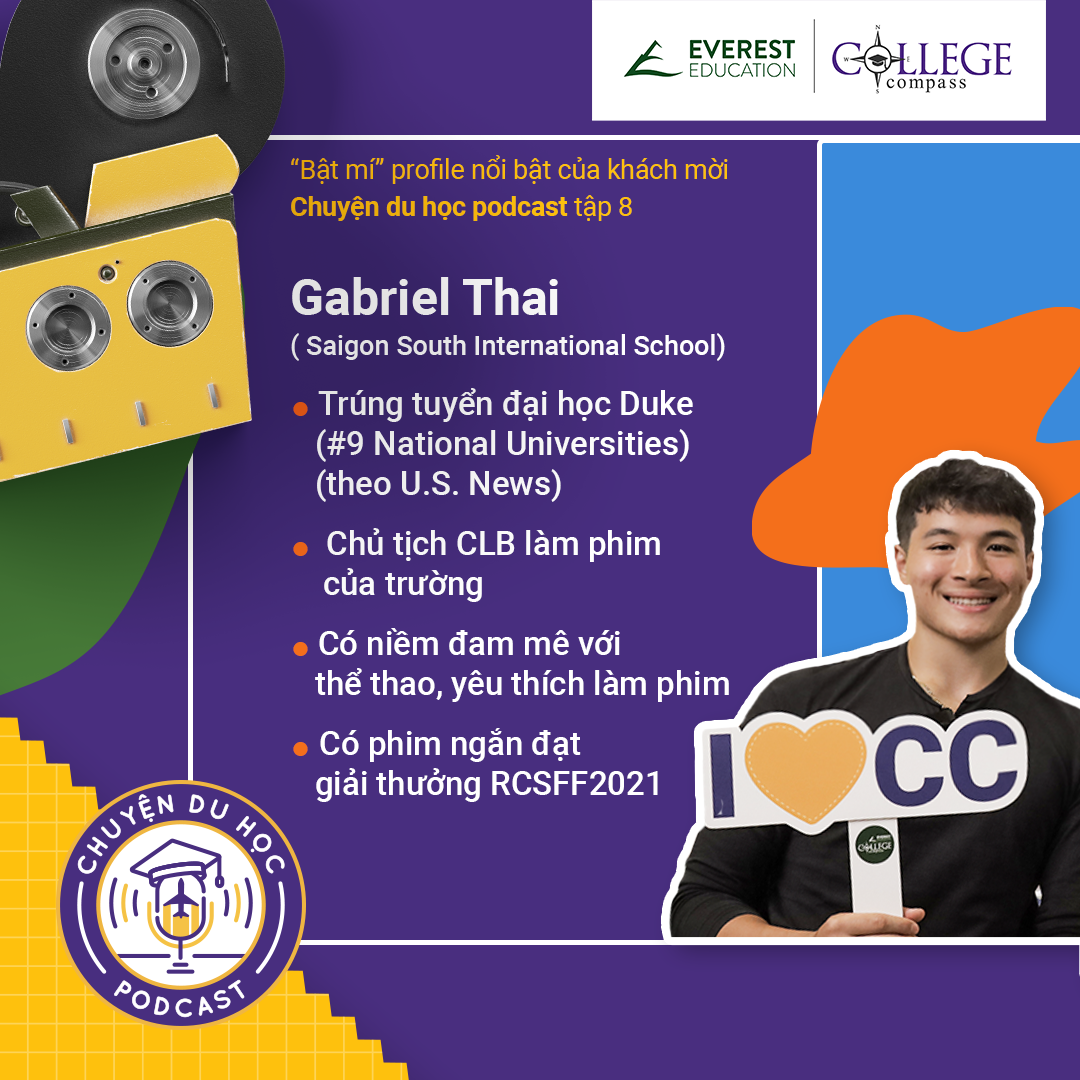What is SOAR?
When working with students in College Compass, we always ask them to tell their stories following SOAR – a handy and helpful framework that can help us streamline our stories. By that, SOAR divides your story into four sections – situation, obstacles, action, and results.
- Situation
- Obstacles
- Action
- Result
SOAR is not only helpful in essay writing, but it will also help you prepare concrete answers when it comes to interviews with the admission committee – when you need a simple structure that keeps you focused. There is a variation of this model – STAR – the abbreviation for Situation, Tasks, Action, and Results.
SOAR in practice
1. Situation
 This is where you set the scene. To begin with, provide some context and a brief overview to set the scene. Give them an authentic flavor of the conditions you faced, vividly but concisely. You’re telling a story, and it pays to know your audience. What are the relevant details that make the story pop, and what does your audience care about?
This is where you set the scene. To begin with, provide some context and a brief overview to set the scene. Give them an authentic flavor of the conditions you faced, vividly but concisely. You’re telling a story, and it pays to know your audience. What are the relevant details that make the story pop, and what does your audience care about?
A strong opening paragraph that captures the readers’ interest is essential. You want to make the admissions officer reading your essay curious about what you say next.
For example:
“It was 6:00 AM on a brisk March morning in Hong Kong. For the past quarter in “Global Project Coordination,” I had been part of a team of eight industrial engineering graduate students from Stanford University and Hong Kong University of Science & Technology assessing the feasibility of a China-U.S.distribution network for hospitality supplies in a company-sponsored project.”
2. Obstacles
What was your obstacle, and what was in that situation? Outline the challenges and issues that you had to overcome.
“Together, we formulated theoretical optimization models, created distribution schematics, and tested our assumptions through field interviews, all while collaborating across the Pacific. That March morning, our team would work face-to-face for the first time preparing a presentation to update our sponsor company. Having worked together to solve the combination of analytical, team management, and cultural challenges that arose over the past quarter, we had come to appreciate the value of fusing conceptual and experiential learning.”
3. Action
 What action did you take? You will now be in the spotlight to explain just how you dealt with that pain-in-the-neck boss, sticky situation, lazy teammate, or whatever obstacle you faced! You should explain how you came up with a plan of action and the concrete steps you took to resolve the situation. Elaborate on the combination of hard work and skill it took to make this happen.
What action did you take? You will now be in the spotlight to explain just how you dealt with that pain-in-the-neck boss, sticky situation, lazy teammate, or whatever obstacle you faced! You should explain how you came up with a plan of action and the concrete steps you took to resolve the situation. Elaborate on the combination of hard work and skill it took to make this happen.
“Applying academic lessons to real problems has always exhilarated me. Despite the early hour, I felt keenly alert as I eagerly prepared for our work session. I shaped the rest of my Stanford education in a similar fashion. I sought to develop a well-rounded, rigorous foundation of theoretical and practical knowledge while learning leadership through contributions to the university community. […] Examining actual business dilemmas appealed to my results-driven personality, and I eagerly seized each opportunity to discuss with classmates various decisions protagonists should consider. Together, these economic and industrial engineering courses sowed in me the seeds of a vision to effect large-scale, social change through business.”
In this example, the author didn’t really tell us a specific obstacle that he needed to overcome, but he utilized the context to sneak in his educational background, connect it back to his values to prove that he would be a good fit for the school.
A college application essay is a glimpse into how your mind works and how you view the world. If you want your writing to be credible, you need to make sure everything you write supports that viewpoint. Spend some time figuring out how the essay question relates to your personal qualities, and then write from a specific angle. That means that every time you want to express an idea, you don’t simply state a fact, but you also include specific details and examples to develop your ideas. You can do that by offering examples from your personal experiences and writing about what truly motivates you and how you developed a certain belief.
On the other hand, it can be tempting to take this opportunity to list out all your positive attributes, but remember, this isn’t a résumé — it’s an essay. To make your college essay stand out, use compelling examples to illustrate your points. We strongly recommend that students do intense research about the school you are applying to; then, you will know which point you should highlight that aligns with the school’s values.
4. Result
Last but not least, the most crucial letter is “R”: Results. An experience is not worth telling if it made no changes on you. Now, let’s refer back to the result and expand on it. This is where you can talk about the impact of that result on the organization, the team, and, most importantly, yourself.
“Despite four brief years at Stanford, I capitalized on a spectrum of learning opportunities inside and outside the classroom and actively contributed to the campus community. Fusing theory and application, I approached each problem, case, and project like the dawn of a new day – eagerly.”
 Now we hear the kind of echoes of the waking up that the author had in the very beginning at 6 AM there. For those who don’t know, all examples used in this article are taken from the essay written by Tony Ngo – Everest Education’s Chairman and Co-founder – the essay that got him into the MBA program at Harvard Business School.
Now we hear the kind of echoes of the waking up that the author had in the very beginning at 6 AM there. For those who don’t know, all examples used in this article are taken from the essay written by Tony Ngo – Everest Education’s Chairman and Co-founder – the essay that got him into the MBA program at Harvard Business School.
>>> You can read the full transcript in our Essay Review series – where our co-founders, Don and Tony, critique their essays.
Where learning meets joy
with friends and teachers who care
Everyone Has a Story to Tell
Applying to college is a little bit like dating. A potential partner is more likely to be interested in you if you show that you’re genuinely interested in them. That’s why these essays are so crucial to the admissions process. They’re your chance to demonstrate that you know what makes the school special and that you’re excited to attend that particular institution.
However clichéd it may sound, the key to nailing any admission officer is to make sure you stand out from the crowd. And that certainly won’t happen with mediocre answers. If you are currently working on application essays and looking for expert guidance, our team of college admissions counselors can help you find your voice!
At College Compass, we believe that everyone has a good story to tell. We had many useful techniques and exercises to help you reflect on the whole journey, understand your values, and pick out the story that can be translated into compelling essays.
| College Compass is a college admission consulting program by Everest Education. We offer strategic solutions to help aspiring high school students (Grade 9-12) and gap year students get into the best universities and colleges in the world.
Our program is led by experienced admissions counselors/coaches who graduated from top US universities (Harvard, Stanford, MIT, UPenn…) and thoroughly understand the US education system. Our students have been accepted to many top universities globally, including Harvard, Stanford, Cornell, Duke, Williams, Amherst…
We offer you a personalized pathway and strategies, including school selection, standardized testing, extracurricular activity guidance, essay writing, scholarship applications, etc. No matter which phase you are in, we offer a tailored package to your age, preferences and study goals to help you achieve your dreams.
>>> Learn more about College Compass |
Join our free webinar:




 This is where you set the scene. To begin with, provide some context and a brief overview to set the scene. Give them an authentic flavor of the conditions you faced, vividly but concisely. You’re telling a story, and it pays to know your audience. What are the relevant details that make the story pop, and what does your audience care about?
This is where you set the scene. To begin with, provide some context and a brief overview to set the scene. Give them an authentic flavor of the conditions you faced, vividly but concisely. You’re telling a story, and it pays to know your audience. What are the relevant details that make the story pop, and what does your audience care about? What action did you take? You will now be in the spotlight to explain just how you dealt with that pain-in-the-neck boss, sticky situation, lazy teammate, or whatever obstacle you faced! You should explain how you came up with a plan of action and the concrete steps you took to resolve the situation. Elaborate on the combination of hard work and skill it took to make this happen.
What action did you take? You will now be in the spotlight to explain just how you dealt with that pain-in-the-neck boss, sticky situation, lazy teammate, or whatever obstacle you faced! You should explain how you came up with a plan of action and the concrete steps you took to resolve the situation. Elaborate on the combination of hard work and skill it took to make this happen. Now we hear the kind of echoes of the waking up that the author had in the very beginning at 6 AM there. For those who don’t know, all examples used in this article are taken from the essay written by Tony Ngo – Everest Education’s Chairman and Co-founder – the essay that got him into the MBA program at
Now we hear the kind of echoes of the waking up that the author had in the very beginning at 6 AM there. For those who don’t know, all examples used in this article are taken from the essay written by Tony Ngo – Everest Education’s Chairman and Co-founder – the essay that got him into the MBA program at 













